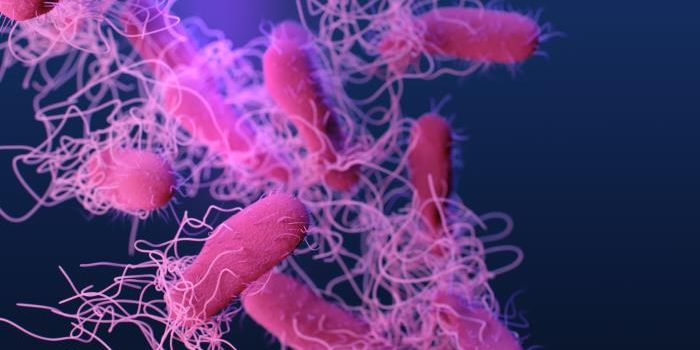First Genetically Modified Ants Give Insight Into Insect Socialization
The first report of a genetically modified ant has provided insight into how complex societies arose in insects. Ant colonies are models of cooperation, and it appears to be utterly dependent on the ants' sense of smell. The breakthrough work was reported in Science, and is outlined in the video below.
Ant colonies are sometimes called superorganisms because of who interconnected the occupants become. Biologists have been working to understand social behavior, in some cases it can become extreme with many animals making sacrifice so that only a few are able to reproduce. It has been very challenging to uncover the molecular processes that underlie that behavior. One hurdle for such work has been an inability to manipulate the genes of social organisms.
While it has occasionally been possible to alter the gene expression of one individual, transmitting those edits to the next generation has not been possible until now. “The eggs of ants are very sensitive and difficult to raise without workers,” as such it’s difficult for genetically modified eggs to survive, explained Laurent Keller, an evolutionary biologist at the University of Lausanne in Switzerland.
Daniel Kronauer, an evolutionary biologist at The Rockefeller University in New York City utilized a specific species to meet those challenges. Clonal raider ants (Ooceraea biroi) are unusual in that they don't have queens for their colonies; they each lay unfertilized eggs that grow as clones. The researchers were then able to raise a large amount of clones from one modified ant. “For the vast majority of ant species, doing real genetics is basically impossible,” said Kronauer, but “this species allows us to take shortcuts.”
It still took the investigators two years to complete work showing that laid eggs give off a scent that inhibits other adults from laying eggs. They utilized the celebrated CRISPR gene-editing technique to deplete a gene called orco in the raider ants. The gene encodes for a protein that acts in the function of special nerve cells in ant antennae that sense odor. There are many of those cells, called odorant receptors, in ants. Indeed the ablation of the orco gene caused serious disruption in the altered ants' behavior.
“To see these baby ants running around is just utterly bizarre,” said Waring Trible, a graduate student in Kronauer’s lab. The modified ants also were not able to follow trails left by other ants. Intriguingly, there were also changes in the ant brains. Knocking out this gene didn't have that effect in flies, but in ants, oderant cell clusters, called glomeruli failed to form. That failure is what is also seen in mice that have been genetically modified in the same way.
This work could help researchers compare evolution of social behavior in a variety of species. “This is a real breakthrough in experimental sociobiology,” says Bert Hölldobler, a behavioral biologist at Arizona State University in Tempe who was not a part of the work.
Source: Science








